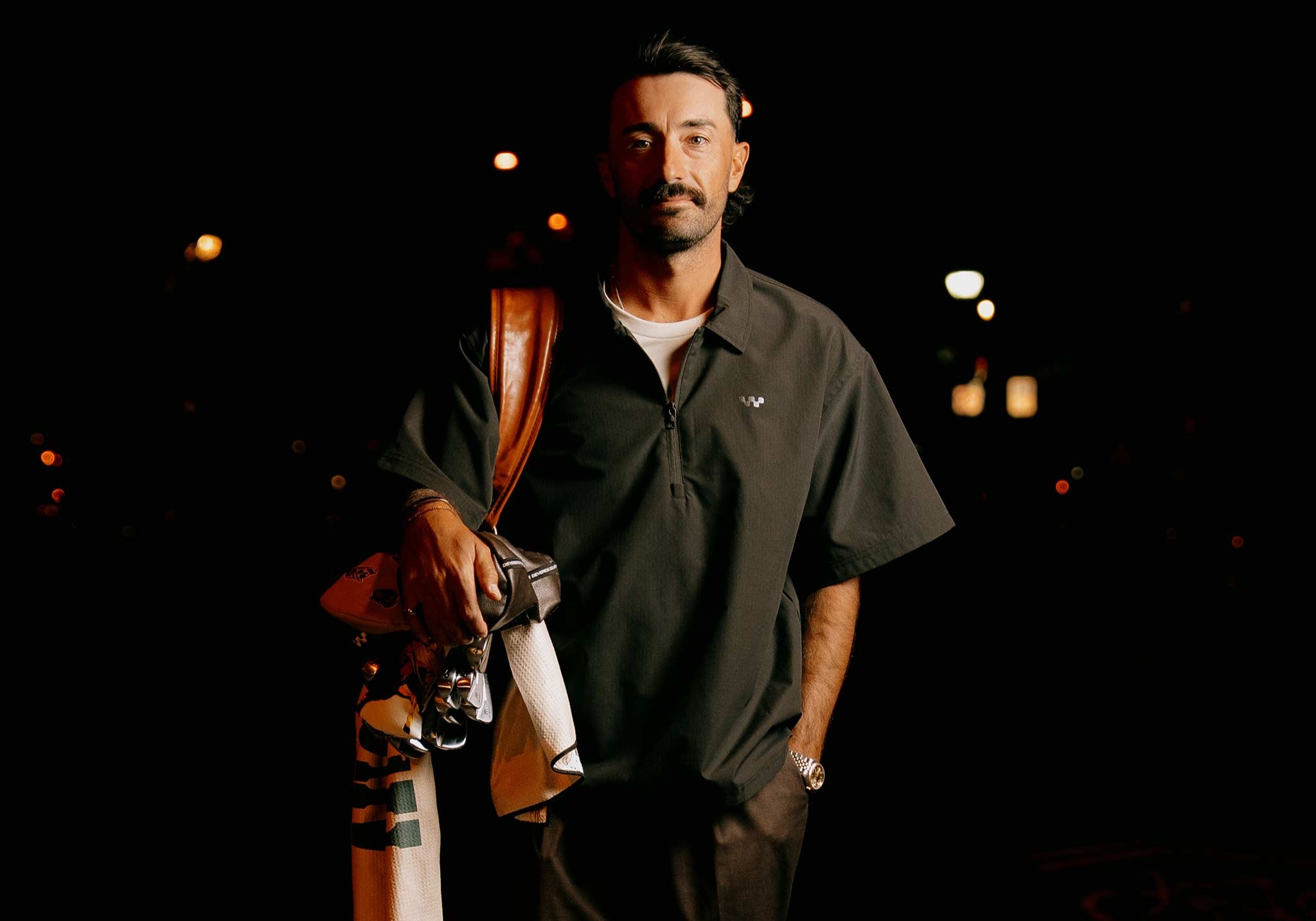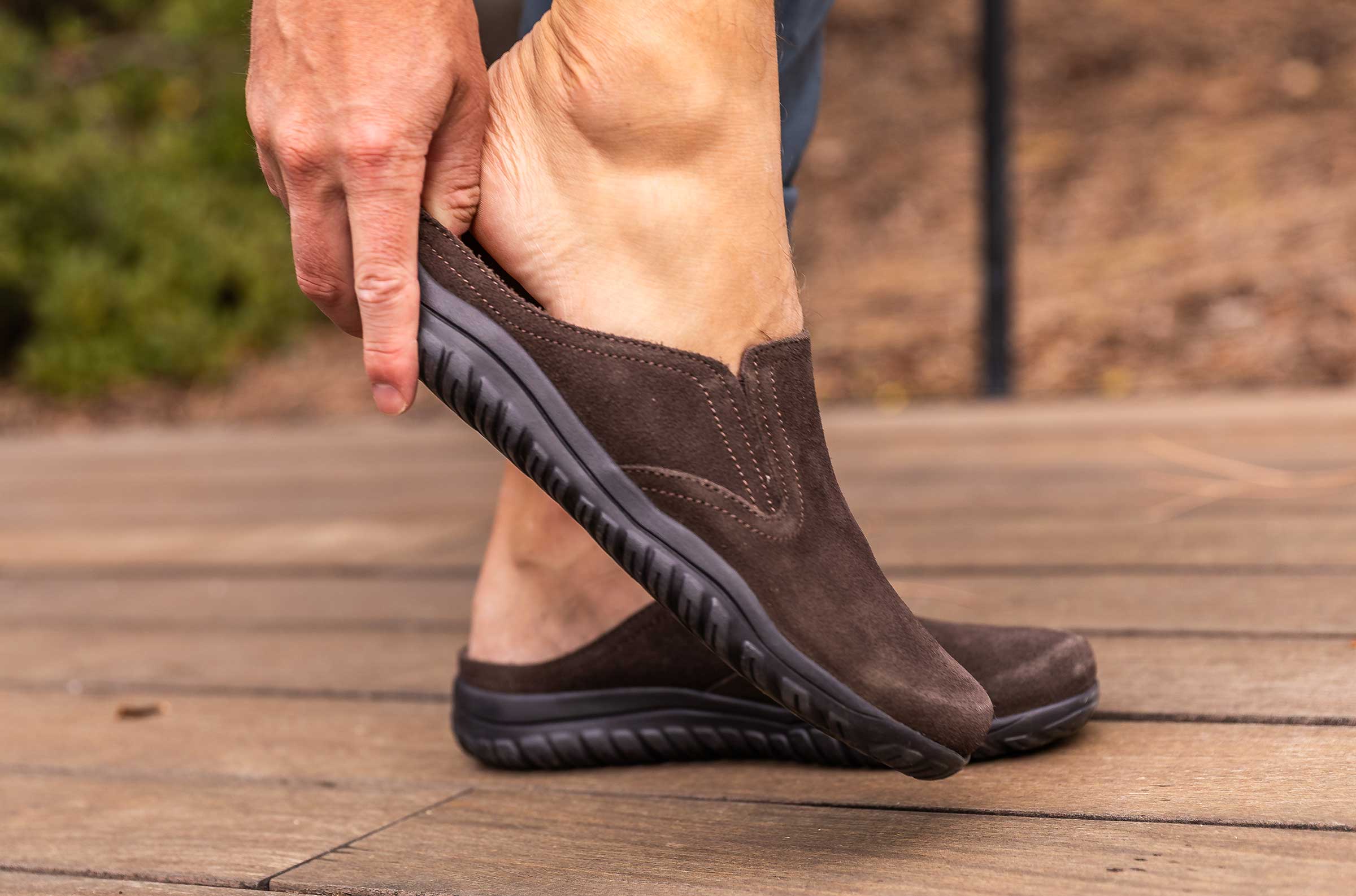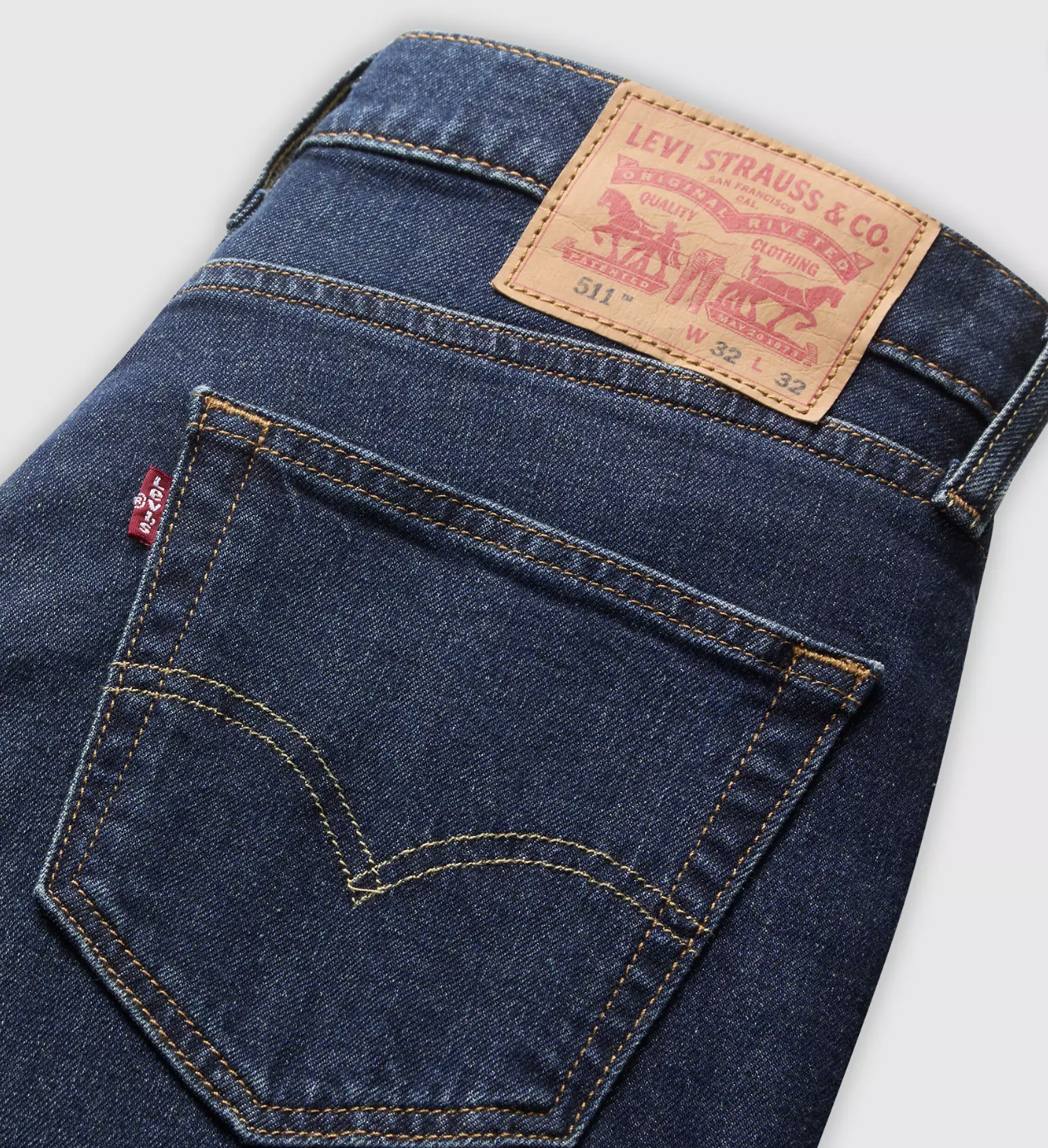Menswear’s Next Breakout Brands: 12 Labels Under 100K Followers On Instagram
Dec 22, 2025Life Lessons of an 81-Year-Old Men’s Mental Health Maverick
- Dec 21, 2024
- 0 Comments
866

Part 4: Fate and Destiny: The Two Agreements of the Soul
This is my fourth post in the series. If you would like you read the others you are welcome to do so, though it isn’t necessary to read them in order:
1. Where I’m coming From: My Origin Story.
2. The Day My Uncle Drove Me to the Mental Hospital.
3. Understanding Adverse Childhood Experiences (ACES).
I spent a lot of my life trying to escape the reality of my childhood trauma. After spending a year trying to be the dutiful son who imagines he can save his father and become the family hero, I finally had reached my limit and told my mother I didn’t want to continue the Sunday drives with my uncle to visit my father in Camarillo State Mental Hospital.
My father had been committed for “treatment” when I was five years old and I spent a year of terror visiting my father. On the final visit, my father asked my uncle, “Who’s the kid with you, Harry?” I felt crushed that my father didn’t even know who I was. I was told that he was in a hospital getting well and my visits would help him. But it clearly he wasn’t getting better and I felt I had failed my father by not being able to heal him and failed by mother when I refused to be “her brave little man” and help my father.
When children are asked to take on adult responsibilities, we do our best to do what our adult caregivers ask of us. We want to be like the super-heroes we see in the movies or read in our comic books. When we inevitably fail, we take it personally. We feel guilty and ashamed and often blame ourselves.
We often try and escape from the impossible bind we find ourselves in. My mother continued her own escapes. As a child it never occurred to me to ask why my mother didn’t visit my father or why I became her stand-in. I just went along with the program until I couldn’t do it anymore.
Like many children who experience early trauma, I pushed the memories down into my subconscious. I tried to erase the past. When kids in school asked about my father, rather than telling them he was committed to a mental hospital, I told them he had died. We can’t escape our past, but I didn’t know that when I was young. I needed to escape to survive.
It took me a long time to learn that what we deny or try and bury from our past doesn’t go away. They return in our dreams as nightmares or show up in our relationships like demons of fear, anger, jealousy, blame, and shame.
Some trauma survivors have great difficulty becoming successful adults. Their trauma and the impact it has on their brain function causes them to have major problems with self-esteem, difficulties with relationships, and problems with career success. Others appear to become super-star achievers.
That was true for me. I took a lot of the repressed energy and put it into achieving success. I became a sought-after therapist, an author of a number of best-selling books, got married, had a child and adopted a child as we had agreed when we were young college students. I fought off my illnesses, depression, and suicidal thoughts. It wasn’t until mid-life that I began to address my childhood wounds.
I attended a number of Men’s Gatherings, with Robert Bly, Michael Meade, and James Hillman. Hillman’s book, The Soul’s Code: In Search of Character and Calling, helped be better understand my childhood wounds, the demons I was running away from, and soul’s calling I was looking to find.
“The Soul’s Code, says Hillman, “is about that call, that sense of fate. These kinds of annunciations and recollections determine biography as strongly as memories of abusive horror; but these more enigmatic moments tend to be shelved. Our theories favor traumas setting us the task of working them through. We are less damaged by the traumas of childhood than by the traumatic way we remember childhood as a time of unnecessary and externally caused calamities that wrongly shaped us.”
Hillman wants
“to resurrect the unaccountable twists that turned your boat around in the eddies and shallows of meaninglessness, bringing you back to feelings of destiny. For that is what is lost in so many lives, and what must be recovered: a sense of personal calling, that there is a reason I am alive.”
He believes we come into the world with a certain destiny and many key experiences in our lives, even ones we might view as traumatic, are in the service of that destiny or calling.
“For centuries,” he says, “we have searched for the right term for this call.”
He lists the most well-known:
- The Romans named it your genius.
- The Greeks, your daimon.
- The Christians your guardian angel.
- For some it is Lady Luck or Fortuna.
- Plato called it paradeigma, a basic form encompassing your entire destiny.
One of the ways our genius or daimon makes itself known to us is through our names or nicknames. The story in our family was that when I was born my parents were sure I was going to be a girl and when I emerged they were at a loss for names. My father decided that I should be named after his deceased nephew, Elliott. My mother didn’t like the name and cried for three days until he agreed to go with her choice of John, after her dead father. My official name became John Elliott Diamond.
Growing up I didn’t like the name. I was called Johnny, which didn’t seem to fit me well. When I went to college I changed my name to Jed. It felt short and sweet, strong and powerful, distinctive and a little mysterious. I’ve been Jed ever since. For most of my life I was angry at my parents for thinking I would be a girl and naming me after dead relatives.
Upon reflection, I realize that the whole process was in the service of my unique destiny and calling and guided by my unique daimon. I do, in fact, have a lot of feminine energy. My wife and I joke about it. I’m very intuitive, cry easily, am emotionally aroused to extreme highs and crashing lows, and easily empathize with others. These qualities have helped me excel as a therapist. My name Elliott unites me with my ancestry though my father’s line and John connects me with my mother’s heritage. My chosen name, Jed, expresses my own unique sense of self.
Another aspect of my family history that falls into place when looked at through the lens of destiny is my early experiences with my father’s depression and hospitalization. For most of my life I viewed my whole experience visiting my father as unnecessary and traumatic. I blamed my mother for making me go, blamed my father for abandoning me, and blamed the world because I had to grow up too soon and didn’t have the caring family support I imagined all other kids had.
Life Lesson #7: We each have a destiny or calling in life.
Like most professionals, I have a business card. Mine say: Jed Diamond, PhD, Helping Men and the Women who Love Them Since 1969. I’ve always talked about the beginning my career coinciding with the birth of our first son, Jemal, on November 21, 1969. But reflecting on James Hillman’s work, I realized, my destiny or calling is as a healer of men and their families and I actually began in 1949 when I went with my uncle to visit my father in the mental hospital.
Even at the age of five I was getting my chance to see what really goes on inside a mental hospital, to reflect on why men have “nervous breakdowns,” and how it all impacts families. Even my own bouts with depression and mania can be viewed as “on the job training” for my life’s calling, rather than simply a product of genetics, upbringing or the inevitable effects of childhood trauma.
I’ve come to believe that the guiding purpose of our lives is to recover our full life-story and get in touch with our true calling.
Life Lesson #8: Traumas and tragedies that happens to us are not punishments or problems to be overcome but life-lessons from our daimon.
My parents were not traditionally religious but definitely Jewish. If they had a patron saint it would have been Albert Einstein who said,
“The pursuit of knowledge for its own sake, an almost fanatical love of justice and the desire for personal independence – these are the features of the Jewish tradition which make me thank my stars that I belong to it.”
In Jewish tradition there is a story that we our whole life history is part of our destiny. Before we are born, we are shown our whole lives by the angel, Lailah. And the instant the child emerges, the angel lightly strikes its finger to the child’s lip and the child forgets what was shown. The little indentation below our nose on our upper lip is reminder that we each have a destiny to find and follow.
“We must attend very carefully to childhood,” says Hillman, “to catch early glimpses of the daimon in action, to grasp its intentions and not block its way.”
Hillman concludes with the following implications:
- Recognize the call as a prime fact of human existence.
- Find the common sense to realize that accidents, including heartache and the natural shocks the flesh is heir to, are necessary to it, and help to fulfill it.
- A calling may be postponed, avoided, intermittently missed. It may also possess you completely. Whatever; eventually it will out. It makes its claim. The daimon does not go away.
In his book, Fate and Destiny: The Two Agreements of the Soul, storyteller Michale Meade says,
“Fate involves those things which are woven into the fabric of our soul from the beginning. Fate can be seen as whatever limits, restricts or even imprisons us. In seeking to live our destiny we inevitably encounter the obstacles of our fate. Fate and destiny are an archetypal pairing within each soul.”
Think about your fate, our wounds and traumas. What pain from the past have you repressed or attempted to deny, minimize, or forget? What old tragedies have popped up from time to time to bedevil your peace of mind, comfort, and joy? Could the tragedies and problems from your past actually be in the service of your daimon? Learning about our life’s calling and daimon demand our attention forever. The little indentation in our upper lip always reminds us that our work is not yet complete. Who knows, maybe the journey even continues after we die.
If you’d like to read more articles about our mental, emotional, and relational health, I invite you to join my community and receive my free weekly newsletter here. You can “unsubscribe” at any time if it no longer serves you.
Publisher: Source link







